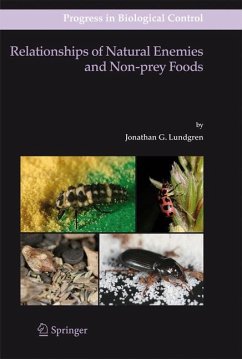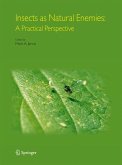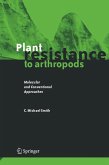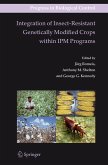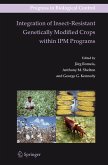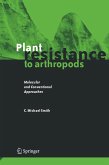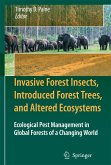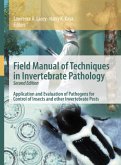Feeding on Non-Prey Resources by Natural Enemies Moshe Coll Reports on the consumption of non-prey food sources, particularly plant materials, by predators and parasitoids are common throughout the literature (reviewed recently by Naranjo and Gibson 1996, Coll 1998a, Coll and Guershon, 2002). Predators belonging to a variety of orders and families are known to feed on pollen and nectar, and adult parasitoids acquire nutrients from honeydew and floral and extrafloral nectar. A recent publication by Wäckers et al. (2005) discusses the p- visioning of plant resources to natural enemies from the perspective of the plant, exploring the evolutionary possibility that plants enhance their defenses by recru- ing enemies to food sources. The present volume, in contrast, presents primarily the enemies' perspective, and as such is the first comprehensive review of the nut- tional importance of non-prey foods for insect predators and parasitoids. Although the ecological significance of feeding on non-prey foods has long been underappreciated, attempts have been made to manipulate nectar and pollen ava- ability in crop fields in order to enhance levels of biological pest control by natural enemies (van Emden, 1965; Hagen, 1986; Coll, 1998a). The importance of n- prey foods for the management of pest populations is also discussed in the book.
From the reviews: "This work focuses on the role of non-prey nutritional resources with the worthy goal of improving the understanding and use of natural enemies. Lundgren ... presents the nature and importance of glucophagy, pollinivory, granivory, and mycophagy to natural enemies, followed by an extensive discussion of applications, including diet supplementation strategies, compatibility with genetically modified plants, and biological control of weed seeds. ... Includes taxonomic and subject indexes. Summing Up: Highly recommended. Upper-division undergraduate through professional collections." (M. K. Harris, Choice, Vol. 47 (2), October, 2009)

